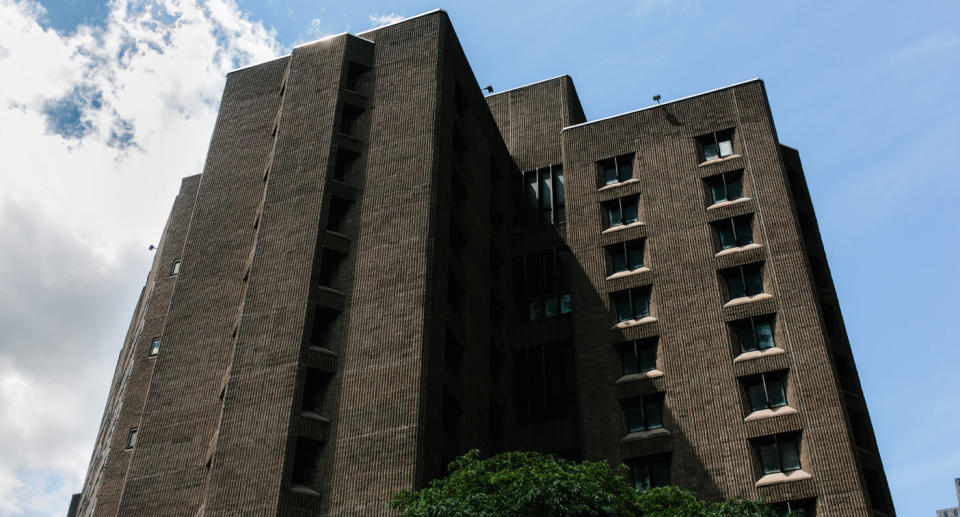More common in strangling: Jeffrey Epstein suicide autopsy raises questions
The autopsy report on Jeffrey Epstein, the disgraced financier who appears to have taken his own life in a New York jail cell, found that he had several broken bones in his neck, the Washington Post reports.
The injuries can occur to people who hang themselves or who are strangled, the newspaper reported, citing unidentified expert sources familiar with the autopsy results.
Experts told the publication the injuries sustained by Epstein were consistent in those who hung themselves, particularly older people, however were more common in victims of homicide by strangulation.
Among the bones broken in Epstein’s neck was the hyoid bone, which in men is near the Adam’s apple, they said.
Such breaks can occur in those who hang themselves, particularly if they are older, according to forensics experts and studies on the subject. But they are more common in victims of homicide by strangulation, experts told the Washington Post.
The article also pointed to a study carried out between 2010 and 2013 looking at suicidal hangings of young-adults and middle-aged people in India. It reported hyoid damage was found in just 16 of 264 cases.
“If, hypothetically, the hyoid bone is broken, that would generally raise questions about strangulation, but it is not definitive and does not exclude suicidal hanging,” Jonathan Arden, president of the National Association of Medical Examiners, told the paper.
“The mystery deepens about the death of a billionaire (with) secrets,” Washington Post journalist Carol Leonnig tweeted when sharing her story.

Epstein, a multi-millionaire and a convicted sexual offender, was awaiting trial on sex trafficking charges when he was found dead in a federal prison in New York City on Saturday.
The New York Medical Examiner's office could not be reached for comment early on Thursday and a representative did not immediately respond to Reuters by phone or text messages.
Epstein, 66, who once counted Republican President Donald Trump and Democratic former President Bill Clinton as friends, was found unresponsive in his cell on Saturday morning at the Metropolitan Correctional Centre in lower Manhattan, according to the Federal Bureau of Prisons.
Attorney General William Barr, whose agency oversees the Bureau of Prisons, on Tuesday ordered the removal of the warden at the federal jail after condemning “serious irregularities” at the facility.
Multiple news reports have said the guards did not follow procedures to check on Epstein frequently and that he was left alone for as long as three hours.

Barr and high ranking US lawmakers have called for an investigation into the death. Epstein had previously been on suicide watch, but was later put back in a regular cell.
Psychologists began on Tuesday studying how the apparent suicide took place, according to a person familiar with the matter, reflecting the prisons bureau's policy calling for a “psychological reconstruction” following a suicide.
Another team at the jail on Wednesday began an “after action” review, which is normally triggered by significant events such as a prominent inmate's death, the person familiar with the matter said.
That review will be headed by a prison bureau director from another region.
The reviews are separate from investigations by the Federal Bureau of Investigation and US Department of Justice's inspector general.
AAP
Do you have a story tip? Email: newsroomau@yahoonews.com.
You can also follow us on Facebook, download the Yahoo News app from iTunes or Google Play and stay up to date with the latest news with Yahoo’s daily newsletter. Sign up here.


